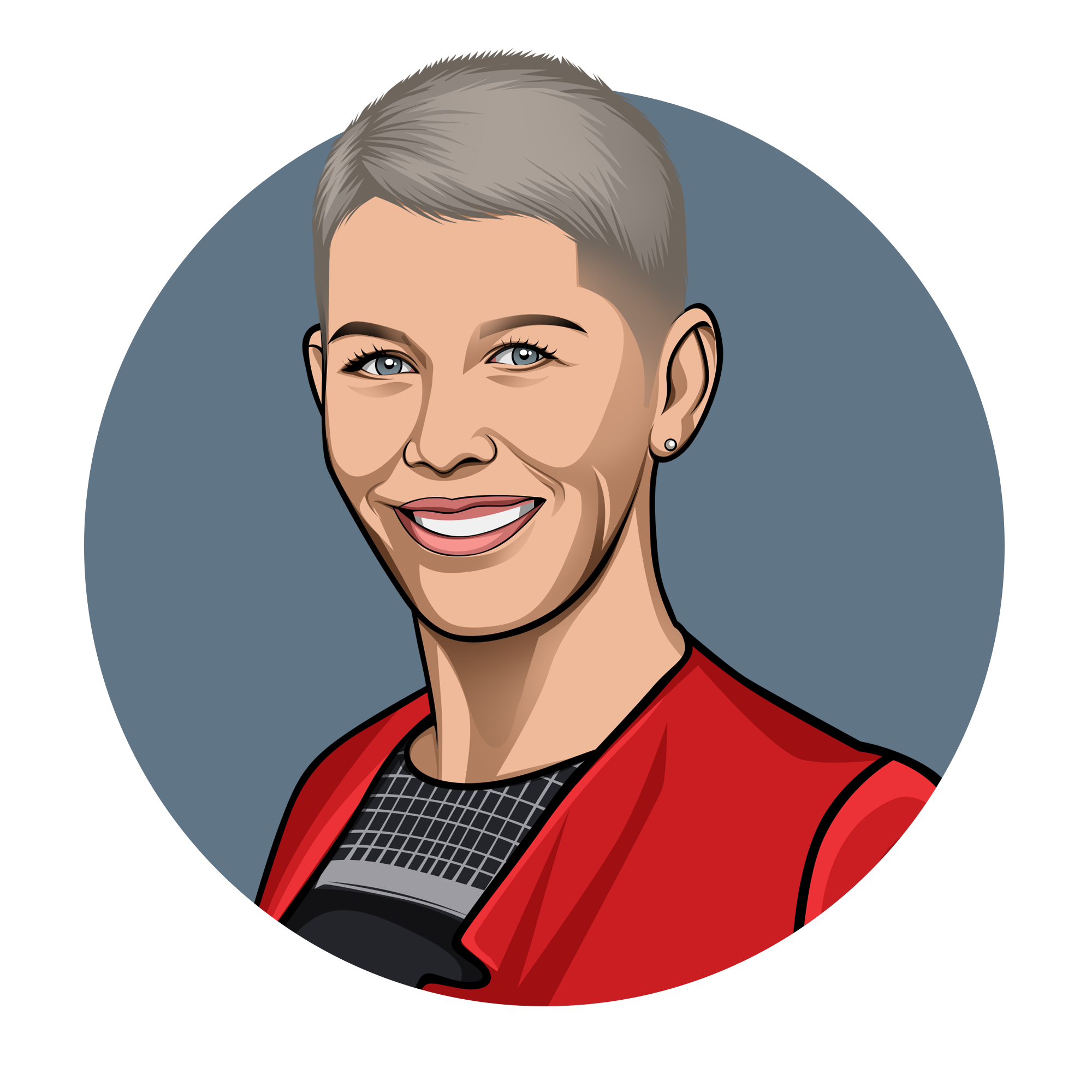Interview with Deb Noller, Co-Founder and Chief Executive Officer, Switch Automation

Deb Noller is a dynamic leader who brings more than 20 years’ experience in technology, sustainability and commercial real estate to her role as CEO of the Switch Automation team. She helps large enterprises apply technology for more efficient business operations, resulting in millions of dollars in cost savings for Fortune 100 companies. Deb loves cycling, strong coffee and mentoring young women in the tech industry.
What does Switch bring to the marketplace?
We are the first enterprise-wide platform for digitizing buildings. Most products in the market tackle buildings on a building-by-building basis. Switch offers scalable technology that lets people take a holistic view of their buildings and get everything under a single pane of glass.
What was your motivation while building Switch?
Frankly, buildings are an incredibly wasteful resource on the planet. I grew up in New Zealand in the seventies, and I value and appreciate the environment I had when I was a child. Buildings use 40 percent of the world’s energy. Half of that — 20 percent of the world’s energy — is used for heating and cooling. We could easily save 30 percent of the energy used to heat and cool buildings. And we could save six percent of the world’s energy if we just paid attention.
I’m fascinated by bringing efficiency to the industry.
What do you think is the most challenging thing you’re facing at Switch?
It’s definitely the market. We are in one of the biggest and oldest markets. Real estate is the largest industry on the planet, but it’s also one of the last industries to be transformed by technology. The people involved in real estate are not familiar with how to buy technology, so a lot of people are trying out pilots. This causes both start-ups and established proptech companies in the space to burn time and money.
The biggest challenge is determining how we can make the market move faster. To do so, we have to educate the market.
Can you tell me a little more about your background before starting Switch?
I studied national park management in the eighties, then later did a bachelor of commerce with a major in computer science. I met my co-founder, John Darlington, when we were both programmers. We started our first business in the nineties which handled logistics and freight tracking for large mining companies and became incredibly successful.
John and I were later introduced to building products and building automation because somebody was bringing a product into Australia, and it couldn’t control the Australian lighting systems.
Out of all of your experience, what do you think best prepared you for your current role?
The first business that John and I created was a labor-based model. From this experience I learned very quickly and very early on that a labor-based model is not scalable. Later on, I looked at all the real estate markets and I noticed that most of the services have labor-based models.
I also learned early on that you can use technology to have a digital business model. This allows you to grow a scalable business and go global. With technology and a digital business model, you can deliver a better experience and provide a better service while also producing higher margins and achieving higher levels of engagement with your customers. I’m fascinated by the concept of growing a global business using technology. When I look at real estate, I see an enormous opportunity to do exactly that.
Going back to the first day of working on your startup, what advice would you give yourself?
It’s a marathon, not a sprint. Be patient. Take good care of yourself. Take good care of your family and your friends. No matter how much work you do, it’s your family and friends that we have backing us up, so make sure to look after them.
What entrepreneurial lesson took you the longest to learn?
Technical founders find it difficult to learn the rigor around the sale. Learning to accept that half of sales is a science and building a sales team is extremely challenging. I have built a sales team three times, and it’s been difficult every time — though this may be a result of the market Switch in.
What constitutes success for you, personally?
Success to me means having an impact. When we get our technology into tens of thousands of buildings and it becomes the global standard for how people manage buildings, then I will consider Switch Automation successful.
Do you have any insights that you want to share with the next generation of Alchemist Accelerator founders?
Resilience is key. If you do not have resilience, give up now. You could get a nice job with good pay. There are many startups that will value your wisdom and skills.
Without resilience, you will not be successful.
Do you have any insights for the next generation of entrepreneurs who are specifically working in your space?
Give up now… or take the resilience that any typical entrepreneur should have, and multiply it by 100.
About the Alchemist Accelerator
Alchemist is a venture-backed initiative focused on accelerating the development of seed-stage ventures that monetize from enterprises (not consumers). The accelerator’s primary screening criteria is on teams, with primacy placed on having distinctive technical co-founders. We give companies around $36K, and run them through a structured 6-month program heavily focused on sales, customer development, and fundraising. Our backers include many of the top corporate and VC funds in the Valley — including Khosla Ventures, DFJ, Cisco, and Salesforce, among others. CB Insights has rated Alchemist the top program based on median funding rates of its grads (YC was #2), and Alchemist is perennially in the top of various Accelerator rankings. The accelerator seeds around 75 enterprise-monetizing ventures / year. Learn more about applying today.

